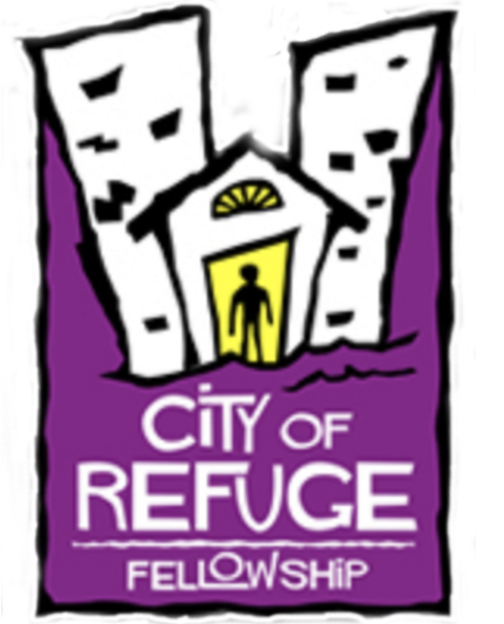So far in this passage, Jesus has put to rest assumptions about judgment and faith and led a man born blind to healing. As Jesus and His disciples walked past a blind man, begging on the street, the disciples asked, ‘Rabbi, who sinned, this man or his parents, that he was born blind?” The belief and the assumption was that suffering was caused by sin, that every difficulty of life was an act of God’s judgment, the larger the difficulty, the greater the sin, the more powerful the judgment. Jesus not only rejected this notion, He laid it to rest, even though we seem to regularly dig it up again. He said, “Neither this man, nor his parents sinned . . .” There is a very important message in Jesus’ response. Before He addressed the man’s blindness, He addressed the blindness of the disciples, He addressed our blindness. Things are not as we expect, assume or even believe–things are not always neat and they don’t fit our understanding or our desire. As I Corinthians 13:12 says, “We only see a reflection”, “we see through a glass darkly.” Verses 9-10 say, not only do we see dimly but we only know and prophesy in part–none of us know as much as we think we do. Jesus was teaching the disciples and is teaching us to let the Holy Spirit lead us into all truth, because there is so much we still need to know. The man wasn’t born blind because of sin, so then, why was he born blind? This is where Jesus’ answer gets uncomfortable for many of us. Jesus said the man was born blind, “that the works of God should be revealed in Him.” God was present in his blindness. God was present in the sorrow of his parents when their child was born not seeing. God was present in the difficulty, the pain and the judgment of others. God was with them as they asked questions and heard whispers. God was present with thsi man in every dark and misunderstood moment of his life. God was present as he sat by the road begging each day, fulfilling the only task the disabled of his culture were believed to be capable of. God didn’t make him blind, let’s not twist what Jesus said, but God was present in, even allowed blindness in this man because God would use it to reveal His glory.
After Jesus answered the disciples, He spit on the ground, made some clay, put it on the man’s eyes and told him to go and wash his face in the pool of Siloam. The man didn’t ask for healing and Jesus didn’t mention it. This was not a response to faith, it was simply the heart of God. Healing is not dependent upon faith, it is for the glory of God, it is how God chooses to reveal Himself when He knows it is how He will receive the most glory. We don’t know if the blind man went to the pool because he expected to be healed, but we do know that he went because Jesus told him to. He chose obedience. Will we choose obedience without the promise of a reward? Will we choose obedience because Jesus is worthy to be obeyed? Will we choose obedience because God is good, has already been good and not to try to get something good from Him? The man obeyed Jesus without a promise. We are told, “So he went and washed, and came back seeing.” Obedience didn’t just lead to change, obedience was the change that led to transformation. The man got up from his usual spot, from the place he was used to, the place he was known for, the place he was expected to be, simply because Jesus asked him to. Before he came back seeing, he got up and left in obedience. His obedience was his change. His healing was his transformation. This morning I want to talk about change from two perspectives: change in us and change in others. I want us to look closely at this text and see how this man’s change was responded to by others and how he responded to them. I want us to take the steps of change in our lives, but also to see the steps of change in the lives of others. In President Obama’s 2008 campaign, he ran with two slogan’s, one was “Hope”, the other was “Change we can believe in.” Today, I’m praying that we will see that Jesus is calling us to a change that needs more than belief, He is calling us to a change we must participate in.

